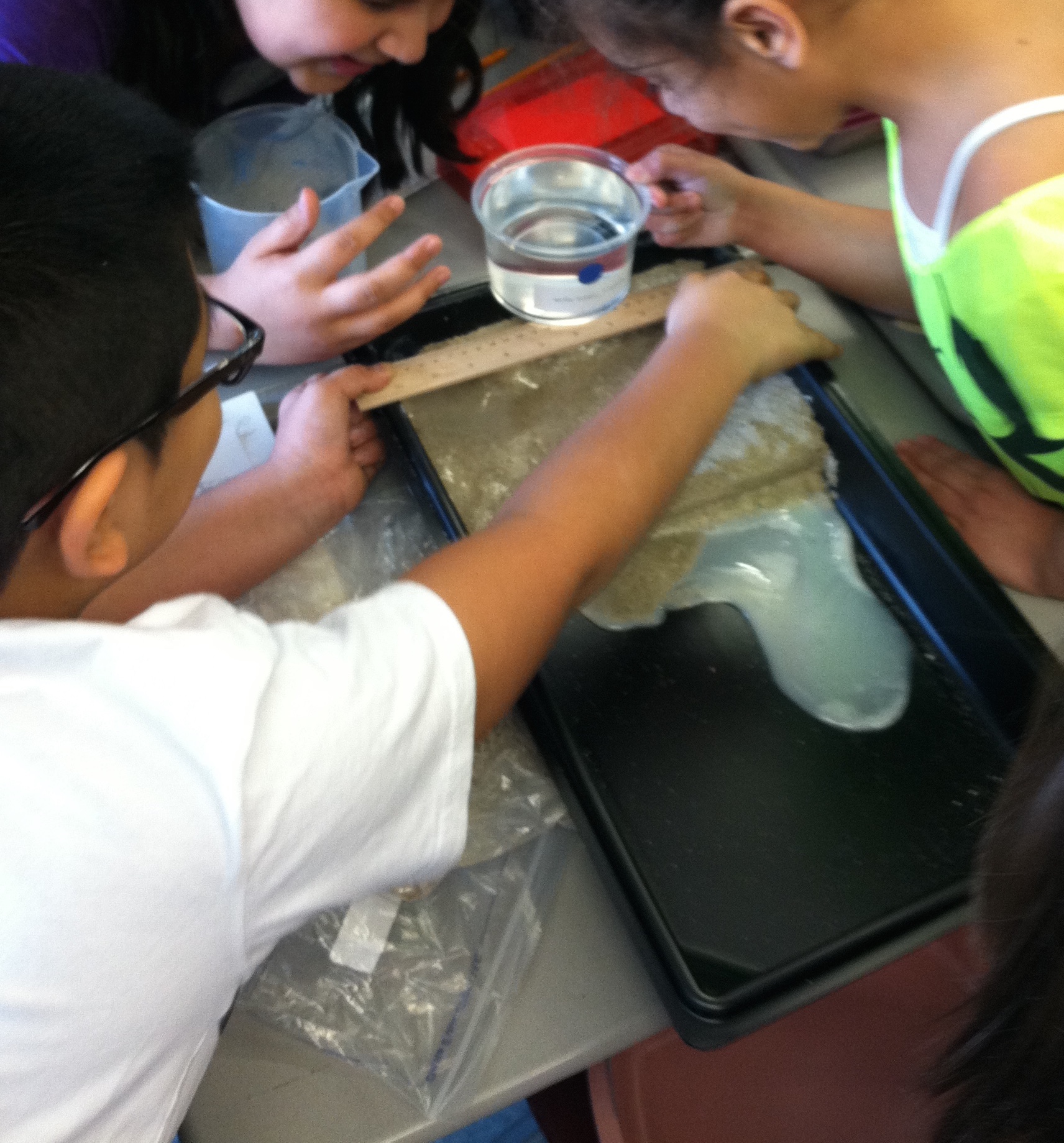We Reap What Ed. Policy Has Sown
So this week's head-scratching story of Ahmed Mohamed and his engineering project, a clock, brings us to the" why". As in why didn't anyone recognize the use of a circuit board to make a clock in a high school engineering project.  There are, of course, the deeper, darker parts of this story. Prejudice, poor judgements, all had a large role in this student's treatment. Deny if you must, but had this object been a real incendiary device, the school would have evacuated immediately without waiting around for someone to make a definitive call on what it was.But there is, for me another undercurrent that impacted this event. Why didn't the school, i.e., the teacher, recognize that this was not a bomb, that it was a physical science/engineering project?For most of the last 20 years that I taught in public schools, science was not part of the school day. That's right - no time for science. Or social studies. Several years ago, there was a superintendent in my school district who told us to teach science through reading. Seriously. Sorry kids, no explorations for you.Time in the day that might have been spent teaching science or social studies was allocated to improving reading, writing, and math scores. Or test preparation. To be fair, districts have begun to recognize that teaching science and social studies is essential to a good education and so, for the last 2 years, we have had district mandates for including actual science and social studies (experiments, labs, simulations - not "just reading about it"). Schools struggle to incorporate STEM and STEAM and social studies into school days, but the damage of ignoring these subjects has already been done.Is there any question that, after 20 years of being ignored, our students - some of whom are now teachers - don't have a basis in science to recognize when a clock is just a clock?
There are, of course, the deeper, darker parts of this story. Prejudice, poor judgements, all had a large role in this student's treatment. Deny if you must, but had this object been a real incendiary device, the school would have evacuated immediately without waiting around for someone to make a definitive call on what it was.But there is, for me another undercurrent that impacted this event. Why didn't the school, i.e., the teacher, recognize that this was not a bomb, that it was a physical science/engineering project?For most of the last 20 years that I taught in public schools, science was not part of the school day. That's right - no time for science. Or social studies. Several years ago, there was a superintendent in my school district who told us to teach science through reading. Seriously. Sorry kids, no explorations for you.Time in the day that might have been spent teaching science or social studies was allocated to improving reading, writing, and math scores. Or test preparation. To be fair, districts have begun to recognize that teaching science and social studies is essential to a good education and so, for the last 2 years, we have had district mandates for including actual science and social studies (experiments, labs, simulations - not "just reading about it"). Schools struggle to incorporate STEM and STEAM and social studies into school days, but the damage of ignoring these subjects has already been done.Is there any question that, after 20 years of being ignored, our students - some of whom are now teachers - don't have a basis in science to recognize when a clock is just a clock?